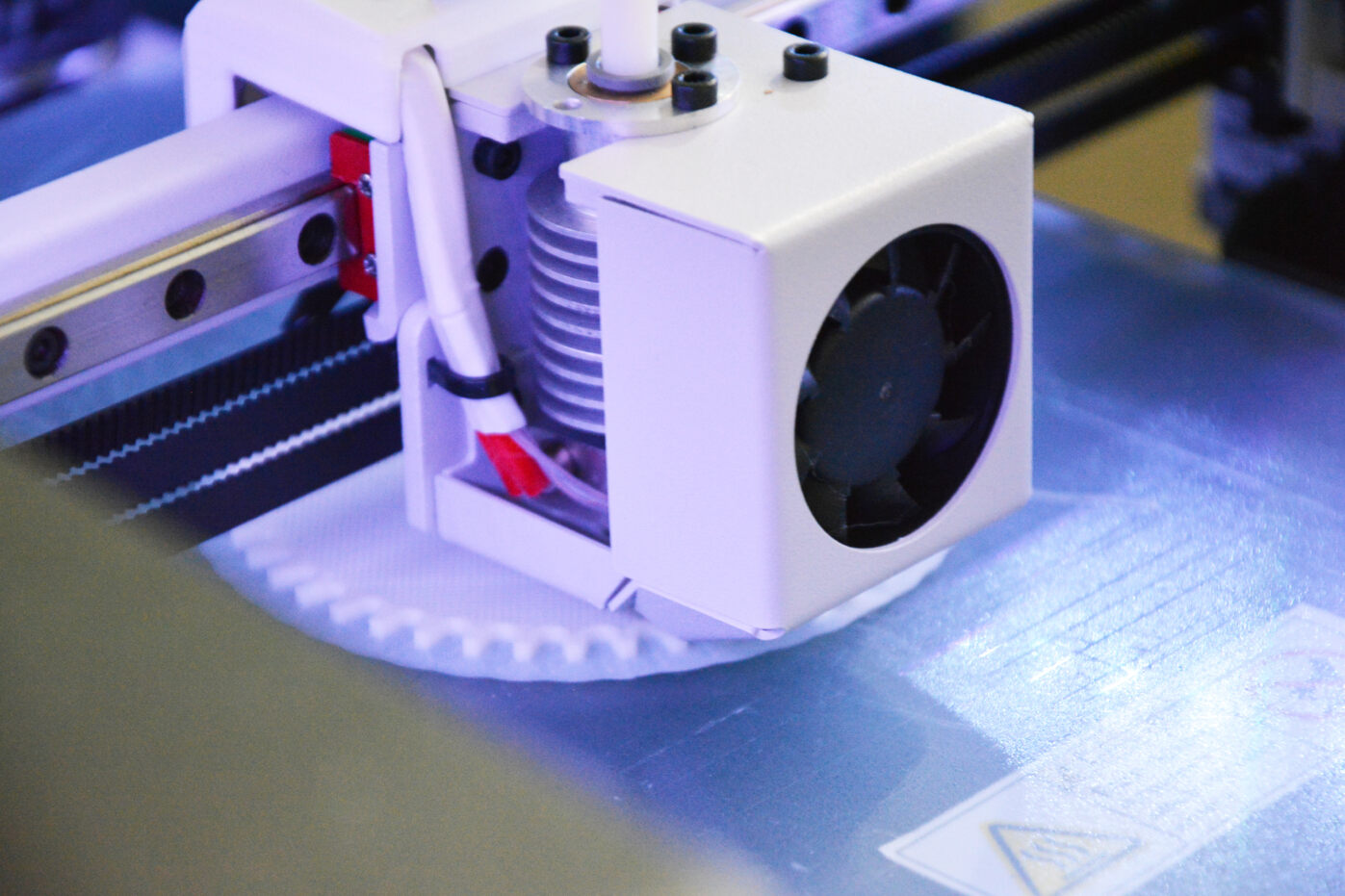Promoting innovation, autonomy and team spirit
ESEO offers a multi-disciplinary, scientific, generalist and practical education through an innovative teaching approach that values autonomy, the ability to work in a team and initiative.
In the Engineering Cycle, 80% of the curriculum is spent in project mode, so that you are placed in situations representative of your future profession, while benefiting from structured teaching support. By taking an active role in your training, you’ll be up and running by the end of your studies.
Learning by doing
At ESEO, projects are at the heart of learning from the first year of the Bachelor’s or Prepa course. Theoretical and practical knowledge complement each other, allowing you to develop your passions in collaboration with other students in a stimulating atmosphere.
Every day, just like in a company, you’ll be asked to solve, create or transform situations based on work methods, human resources, documentation or techniques. You’ll be working on a host of exciting subjects in the fields of digital technology, connected objects, robotics, cybersecurity, the environment, artificial intelligence, etc.
To showcase their work, students regularly have the opportunity to present their projects at events such as the Forum lycéen des projets, which is aimed at secondary school students and their teachers.
Teaching methods
Preparatory courses
The preparatory course focuses on technologies and their applications alongside the pure sciences and humanities. The aim is to prepare students specifically for the ESEO engineering cycle.
See the Computer Science and Electronics Engineering Prep course
See the International Engineering prep
Bachelor’s programme
This alternative to preparatory courses from the 1st post-baccalaureate cycle focuses on technology and practice, with the aim of encouraging initiative, autonomy, professionalism and teamwork. With a programme combining digital technology and electronics, 70% of the course is project-based.
See the Bachelor’s degree in Computer and Electronics Engineering
See the Cybersecurity and AI Engineering Bachelor’s degree
Engineering Cycle
The programme enables you to acquire solid generalist skills (electronics, computing, telecoms, networks, etc.) and to benefit from skills applied specifically to your chosen fields (technological options). The course starts directly with practical projects carried out in teams.

